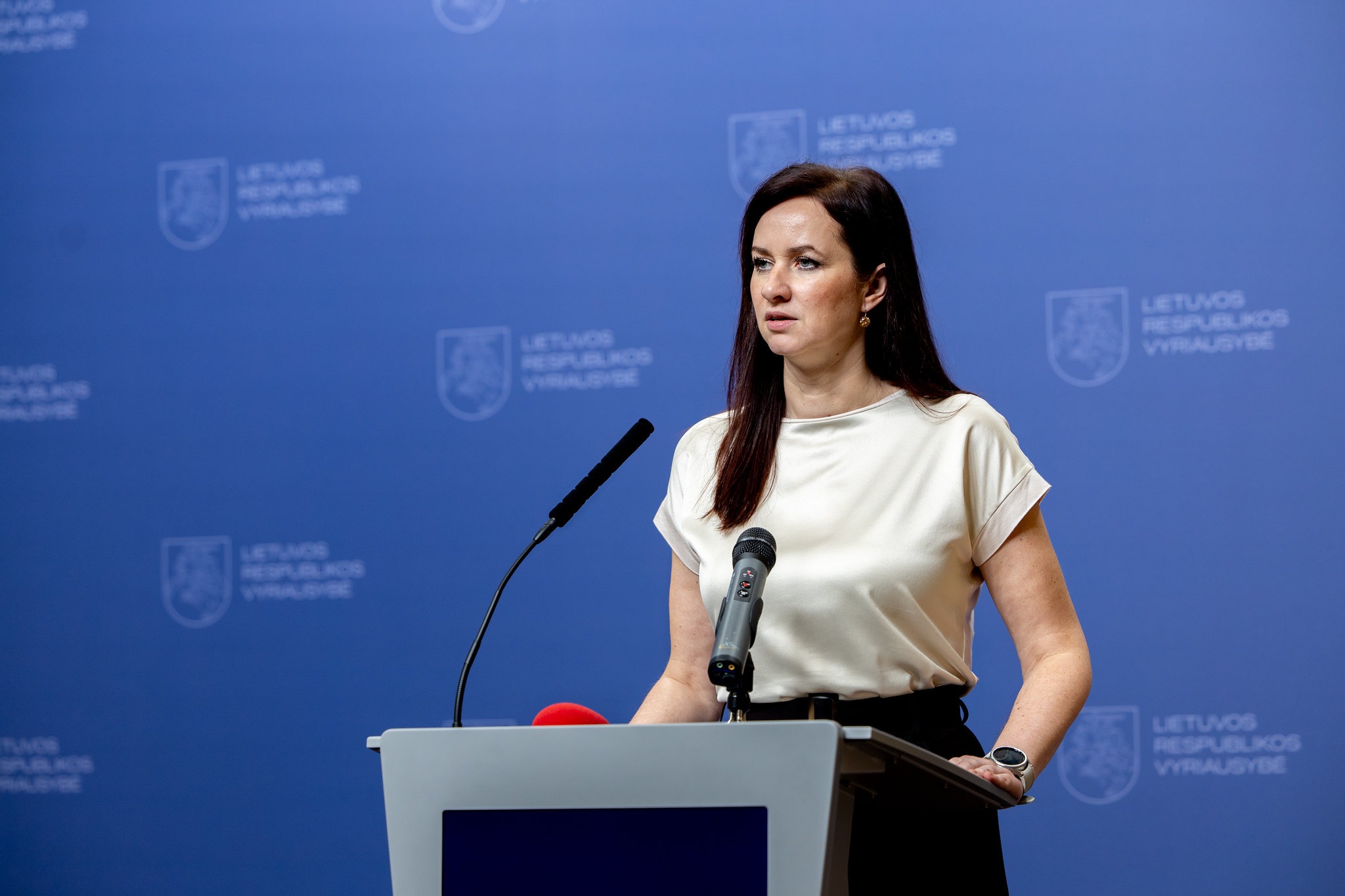
Main narratives:
- Anti-establishment sentiments
- Russophobia
- Censorship in Estonia
Overview:
In early November 2025, the detention of Oleg Besedin by Estonia’s Internal Security Service (KAPO) prompted a strong response from pro-Kremlin online commentators. Besedin – known for running online groups and channels promoting pro-Russian views in Estonia – was accused of activities directed against the Estonian state and of violating international sanctions. Estonian prosecutors described his actions as crossing from protected speech into collaboration with individuals linked to Russian intelligence interests. Pro-Kremlin voices quickly seized on the incident, framing it as part of a broader campaign of political persecution and cultural oppression against the Russian-speaking population in Estonia. Many online commentators portrayed Besedin as a victim of “Russophobia” and censorship, accusing Estonia of suppressing dissent and targeting those who “dare to speak the truth about NATO’s influence.”
The arrest of Oleg Besedin was immediately instrumentalised in the ongoing political competition. Journalists reported that for many years, during the period when the Centre Party governed Tallinn, companies connected to Besedin and members of his family received contracts from the city administration and district governments to provide various communication and media services. According to some estimates, the total value of these contracts over a 15-year period may have exceeded €800,000.
The current mayor of Tallinn, Social Democrat Jevgeni Ossinovski, announced that the city authorities have launched a review of procurement practices involving Besedin’s companies. At the same time, representatives of the Social Democratic Party, as well as parties that are now in opposition following the recent municipal elections, began using the Besedin case to directly undermine the Centre Party, which is currently negotiating a governing coalition in Tallinn with Isamaa. The Centre Party, in turn, attempted to shift responsibility by accusing the Social Democrats themselves of having cooperated with Besedin-linked firms.
The situation is further complicated by the fact that criticism of the Centre Party is now also coming from politicians who were themselves members of the party for many years while it held power in the capital, but who left it in recent years. This dynamic has caused visible confusion among many conservative-leaning commentators in Russian-language Facebook groups who traditionally supported the Centre Party. Nevertheless, a significant share of these commentators ultimately reverted to familiar pro-Kremlin messaging, framing the criminal proceedings against Besedin as “politically motivated persecution of independent journalism in Estonia.”









